Artificial Intelligence can revolutionise science by making it faster, more efficient and more accurate, according to a survey of European Research Council (ERC) grant winners. And while the report looks at the impact of AI on all scientific fields, the field of chemistry, in particular, can be expected to benefit greatly from the revolution, say researchers. But there are also warnings that AI is being overhyped, and avowals of the importance of human experts in chemical research.
The ERC report summarises how 300 researchers are using AI in their work, and what they see as its potential impacts and risks by 2030. Researchers in the physical sciences report that AI has become essential for data analysis, and for working on advanced simulations. They also note the applications of AI systems to perform calculations, operate instruments and control complex systems.
But they warn AI could spread false or inaccurate information, and that it might have a harmful impact on research integrity if researchers overuse AI tools to write research papers. They also express concerns about AI’s lack of transparency and scientific replicability: AI was likened to a ‘black box’ which could generate results without any underlying understanding of them.
Princeton University’s Michael Skinnider, who uses machine learning to identify molecules with mass-spectrometry, says AI’s greatest advances will be in analysing data, rather than the use of AI tools like large language models as aids for writing and researching. As well as extracting value from large datasets, AI would allow scientists ‘to collect even larger datasets through more complex and ambitious experiments, with the expectation that we will be able to sift through huge amounts of data to ultimately arrive at new biological insights’, he says.
It’s a view also held by Tim Albrecht at the University of Birmingham, who adds that the latest AI systems can determine through training what features they should look for in data, as well as simply finding data features that they’ve been pre-programmed for.
Gonçalo Bernardes of Cambridge University, who has used AI methods to optimise organic reactions, stresses that AI can also usefully analyse small data sets. ‘I believe its true power comes when dealing with small datasets and being able to inform on specific questions, [such as] what are the best conditions for a given reaction,’ he says.
And Simon Woodward of the University of Nottingham notes the ability of AI to inspire ‘intuitive’ guesses. ‘We have found the latest generations of message-passing neural networks show the highest potential for such approaches in catalysis,’ he says.
Chemist Keith Butler at University College London specialises in using AI systems to design new materials. He agrees that AI will create major changes in chemical research, but says they can’t replace expert humans. ‘There has been a lot of talk about self-driving autonomous labs lately, but I think that fully closed-loop labs are likely to be limited to specialist processes,’ he says. ‘One could argue that scientific research is often advanced by edge-cases, so full automation is hard to imagine.’
Butler makes an analogy between AI chemistry and self-driving cars. ‘While AI has not led to fully autonomous vehicles, if you drive a car produced today compared to a car produced 15 years ago you will see just how much AI can change the way we operate: sat nav, parking guidance, sensors and indicators for all sorts of performance,’ he says. ‘I already see significant impact of AI and in particular machine learning in the chemical sciences … but in all cases human experts checking and guiding the process is critical.’
Princeton’s Skinnider adds that he is less convinced of the potential for AI to replace higher-level thinking, such as ‘AI for scientific discovery’ or ‘generating new scientific hypotheses’ – two hyped aspects of AI touched on in the ERC report. ‘Isn’t there some amount of joy inherent in these processes that motivates people to become scientists in the first place?’
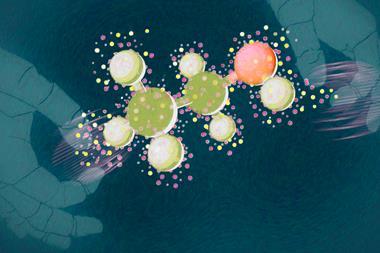
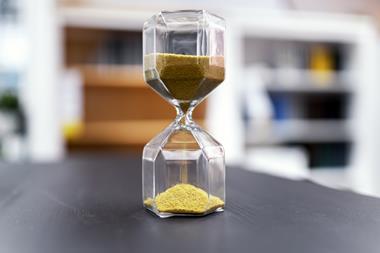
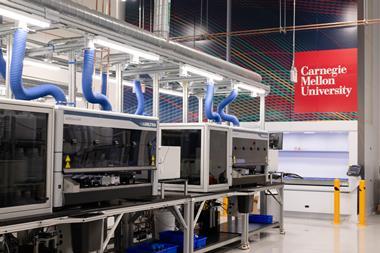
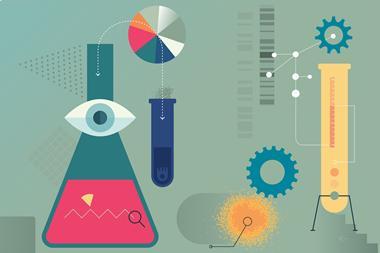
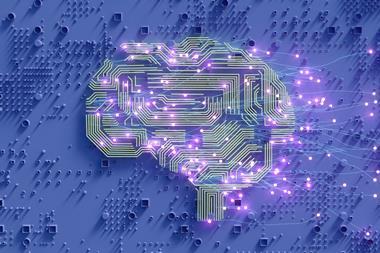
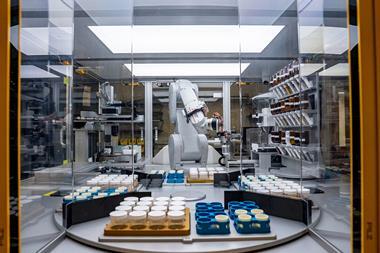






No comments yet